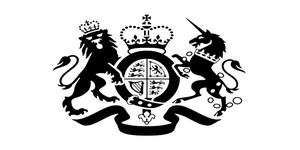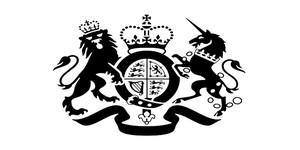UK government targets 'technological revolution' in Autumn Budget
November 23, 2017 | 12:00
Companies: #government #microsoft #uk-government

Chancellor Philip Hammond has announced the autumn 2017 budget with a range of proposals designed to boost the UK's technology industry, from funding for electric vehicles to new regulations relating to taxes dodged on digital royalties paid to companies operating from a low-tax jurisdiction but selling into the UK.
In a speech unveiling the government's official Autumn Budget 2017 policy paper, published yesterday, chancellor Philip Hammond claimed a push for the UK's tech industry. 'For the first time in decades Britain is genuinely at the forefront of this technological revolution,' Hammond told Parliament. 'Not just in our Universities and research institutes. But this time in the commercial development labs of our great companies. And on factory floors and business parks across this land. But we must invest to secure that bright future for Britain. And at this Budget, that is what we choose to do.'
The budget includes provisions designed to, in the government's own words, 'establish the UK as a world leader in new technologies such as artificial intelligence (AI), immersive technology, driverless cars, life sciences and FinTech [Financial Technology],' with Hammond aiming to boost the funding of technology businesses in the nation from one every hour to one every half-hour through £20 billion in funding over the next decade, new tax breaks for technology start-ups, and improvements in the ability for pension funds to invest in the sector.
Other tech-related provisions in the budget include £10 million for cybersecurity, £100 million to assist in the switchover from internal combustion to electric vehicles, £75 million for artificial intelligence research and a further £40 million for AI-based worker retraining courses. The government has also pledged to better collect taxes from technology giants like Amazon and Apple who sell into the UK but pay taxes on that income elsewhere.
The budget also includes provision to boost computing education in the UK by tripling the number of trained teachers, something industry giant Microsoft has applauded. 'We welcome the announcement by the Chancellor to triple the number of fully-qualified computer science teachers from 4,000 to 12,000,' says Microsoft UK chief executive Cindy Rose of the government's plans. 'There is an urgent need for the UK to tackle its digital skills gap and use technology to nurture the creativity already present in the next generation. Teachers across the country need more support to deliver the plans laid out today in the Budget. They need the skills to pass on to their students, the tools to enable them to engage young minds, the freedom to experiment in class and find the best way to engage youngsters, and the professional support to ensure they can get help if they need it.'
Others, though, are somewhat more cautious in their analysis. 'The true measure of a revolution is how it impacts the everyday lives of people. Technology without implementation or relevance to the problem it seeks to fix means nothing,' says Tom Williams, chief executive of the tech-driven life insurance start-up Certua. 'I welcome this investment into innovation in the tech start-up industry but strongly believe that we must judge ourselves on the end result of how it improves the lives of those who use it.'
The Autumn Budget 2017 can be read in full now on the Treasury website.

MSI MPG Velox 100R Chassis Review
October 14 2021 | 15:04








Want to comment? Please log in.